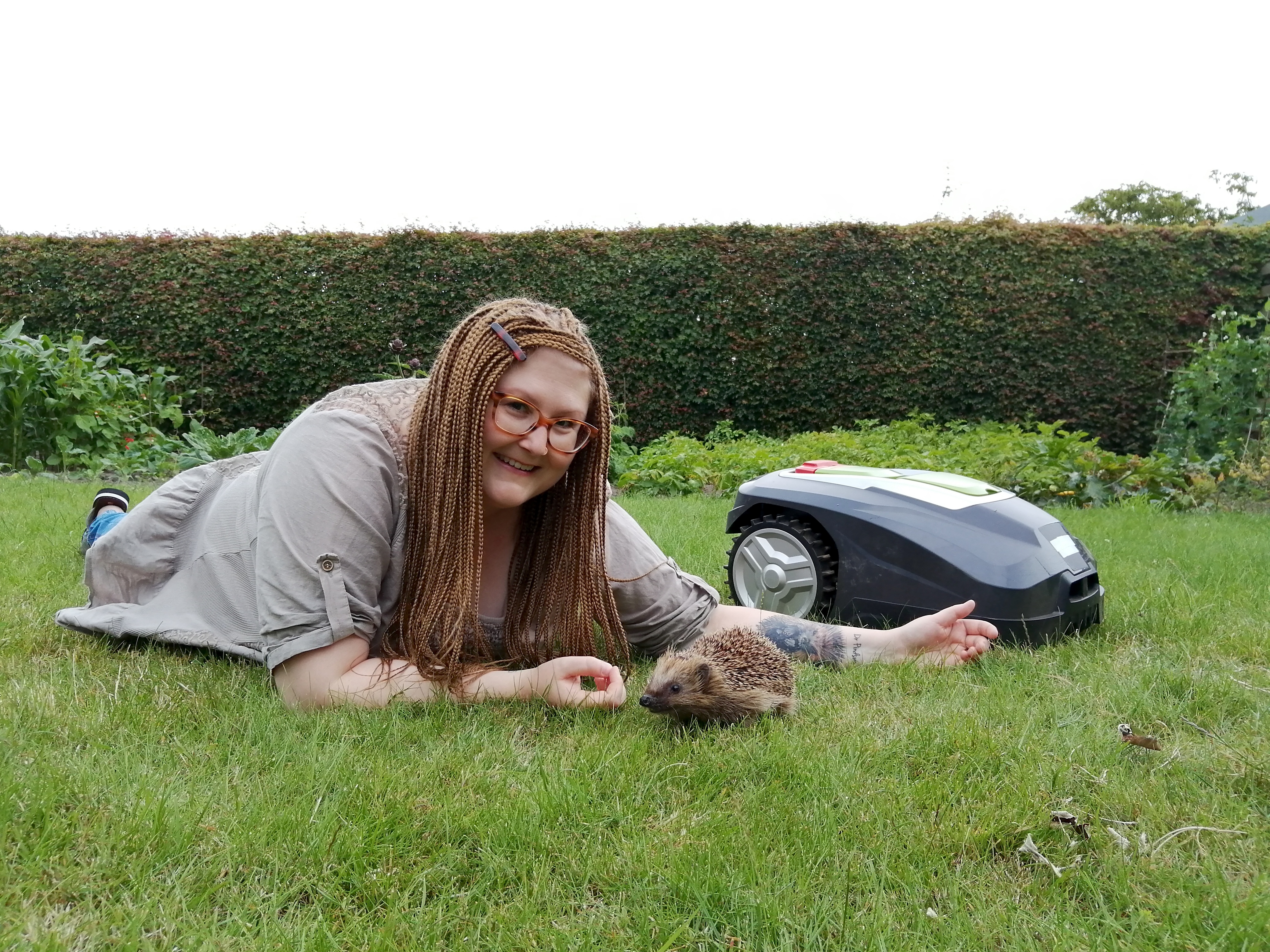News
Research into the impact of robotic lawn mowers on hedgehogs
Robotic lawn mowers running at night have, by some, been declared a new threat to European hedgehogs. Now a recently published study conducted by Dr Sophie Lund Rasmussen and colleagues from Oxford University and Aalborg University sheds light on the topic. They found that different models of robotic lawn mowers vary substantially in their capability to detect and avoid hurting hedgehogs.
Injured hedgehogs are frequently admitted to hedgehog rehabilitation centres with different types of cuts and injuries. Some injuries are consistent with known risks to hedgehogs in the form of garden trimmers and dog bites. However, although not rigorously quantified, a concern has arisen in several European countries that an increasing number of cases may have been caused by robotic lawn mowers. As the European hedgehog is in decline it is a priority to identify and investigate the factors responsible for this decline to provide the evidence necessary to underpin remedial conservation interventions.
Dr Sophie Lund Rasmussen tested 18 models of robotic lawnmowers in collision tests with dead hedgehogs. The dead hedgehogs in the study were collected from hedgehog rehabilitation centres, where sadly they had been too injured or unwell to save. Each robotic lawn mower was tested 12 times; with four dead hedgehogs representing four different weight classes, each tested in three different positions.
The results from the study showed that some models of robotic lawn mowers caused extensive damage to the dead hedgehogs in the tests, but there were noteworthy differences in the degree of harm inflicted, with some machines consistently causing no damage.
“The important next step is to present the results and insights from the research to the manufacturers and encourage a collaboration with them to develop more hedgehog and wildlife friendly robotic lawnmowers,” says Dr Rasmussen, who has already started these discussions.
Hedgehogs are predominantly nocturnal although they might occasionally be active during the day. When using robotic lawn mowers in gardens the present recommendation to increase the safety of hedgehogs is to restrict the running of the machines to daylight hours, however garden owners should check in advance for any hedgehogs, or other potentially vulnerable wildlife such as leverets, amphibians or baby birds on the lawn.
The research project was undertaken in collaboration with Animal Protection Denmark and Pindsvine Plejerne and was funded by the British Hedgehog Preservation Society.
You can follow the research of Dr Sophie Lund Rasmussen on Facebook and read more about it here.
Disclaimer: The live hedgehog included in the photograph for this article did not take part in the tests and was only out during the day as it was at a rescue centre after having received care. It was released back into the wild the same evening.
-
 Dr Sophie Lund Rasmussen with a hedgehog and a robotic lawn mower. Photo credits: Troels Pank Arbøll
Dr Sophie Lund Rasmussen with a hedgehog and a robotic lawn mower. Photo credits: Troels Pank Arbøll -

-
 Nocturnal garden visitors in Oxfordshire village. Credit: David Macdonald
Nocturnal garden visitors in Oxfordshire village. Credit: David Macdonald





